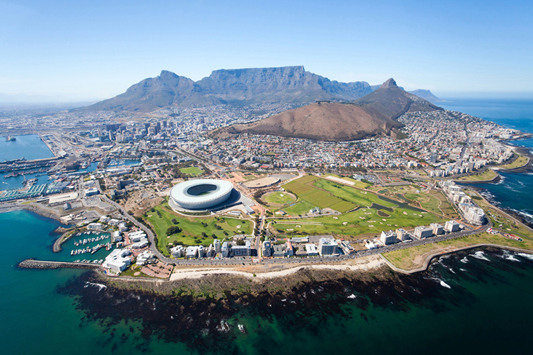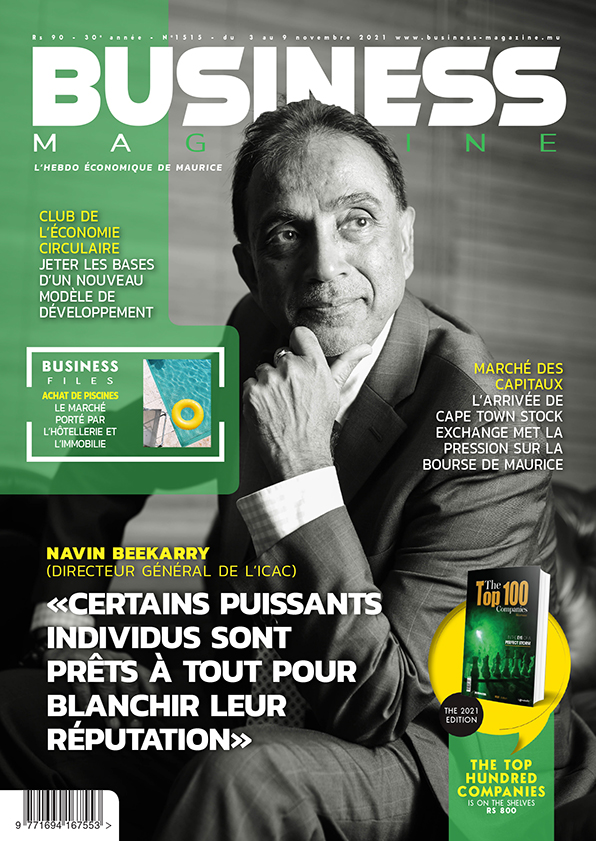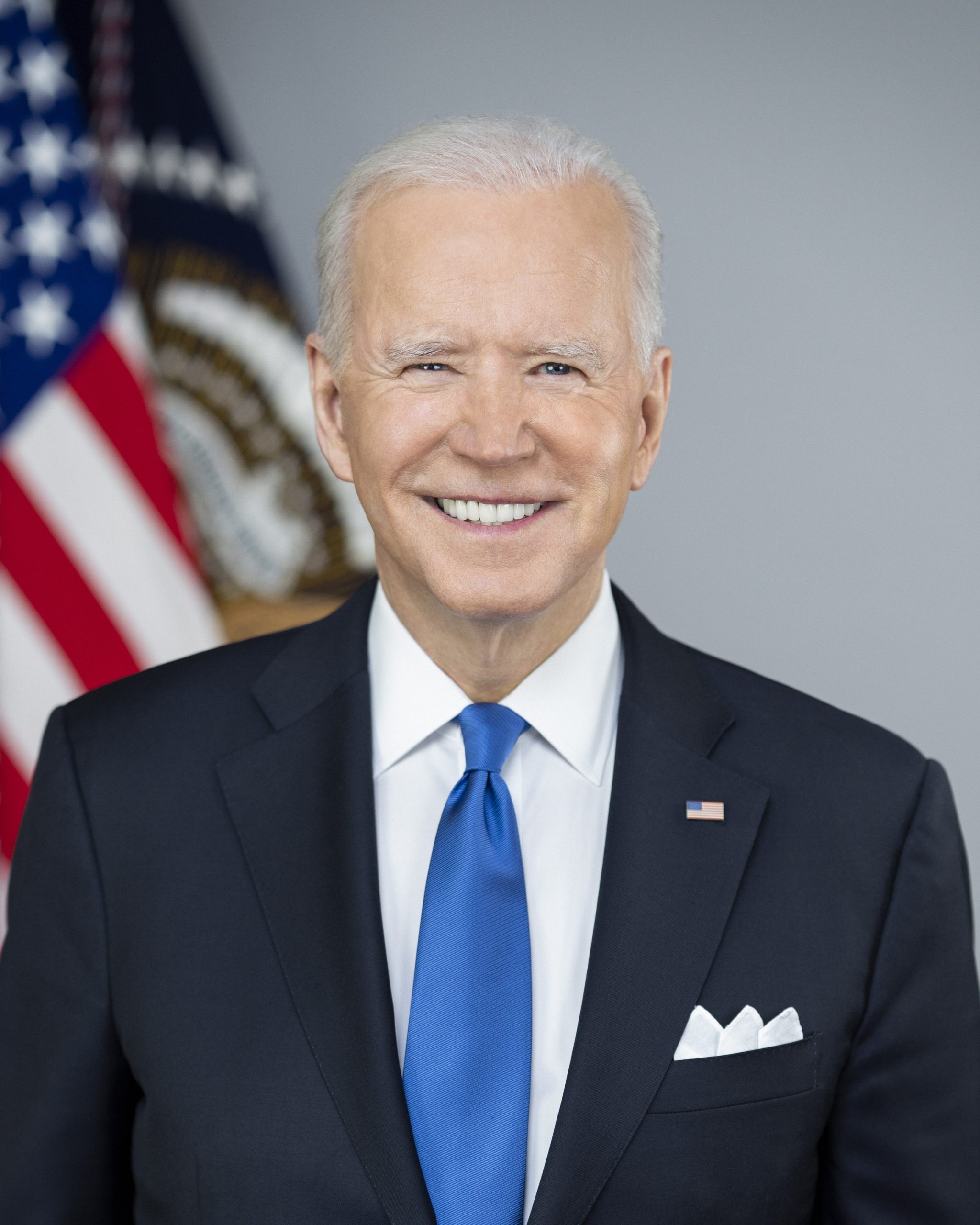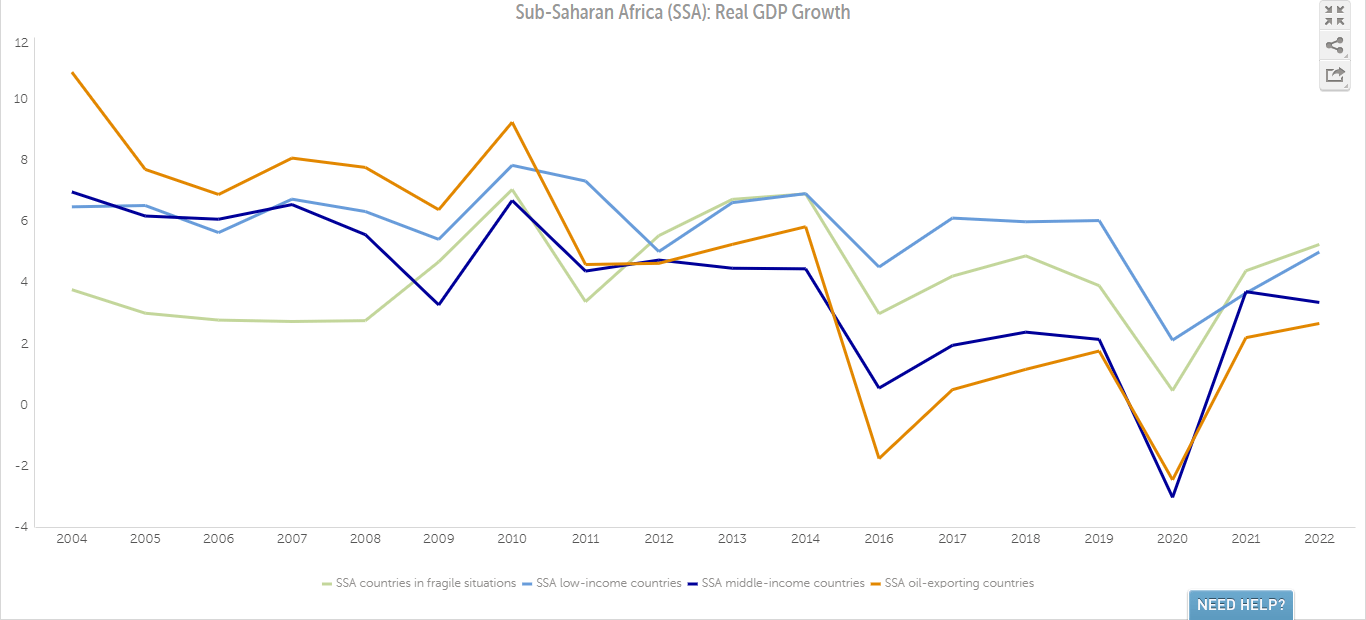Mauritius – South Africa relationship: mutual positioning onto a higher growth path
Share

The diplomatic relations linking Mauritius and South Africa need no introduction. Aside from being spread across a multitude of sectors, it is in constant evolution and has gathered momentum along the way.
South Africa has long been regarded as the economic powerhouse of the African continent and the proud emblem of the region in the BRICS acronym, which regroups the five major emerging national economies around the world, while for Mauritius, South Africa serves the role of an important diplomatic and economic partner. Things are not about to change, in spite of the current political turmoil over there and the poor growth forecasts for its economy: 0.6 percent in 2016 according to the International Monetary Fund.
In 2015, general external trade figures between Mauritius and South Africa were lower than in 2014, according to data released by Statistics Mauritius. However, external trade with South Africa was the exception, with exports from Mauritius to South Africa growing from
Rs 5,77 billion to Rs 7,5 billion, representing 8.7 percent of the total export market.
South Africa was the fourth largest supplier of imported products to the Mauritian market at 6.6 percent of total share. Trade deficit was around Rs 4 billion. Significant Mauritian exports to South Africa include clothing and other apparel, while Mauritius imports many items, including petroleum products, manufactured goods and foodstuffs. 25,227 (+9.9 percent) Mauritians travelled to that destination in 2015 whereas 101,954 (+9.5 percent) South African tourists arrived in Mauritius during the same period.
Over the past years, South African companies have used Mauritius to support their growth strategy outside South Africa, asserts Lakshman Bheenick, Chief Executive of Standard Bank Mauritius, a wholly-owned subsidiary of the Standard Bank Group. He believes that our jurisdiction offers numerous advantages to South African investors. “Beyond sound monetary and legal framework, political stability and unrestricted capital flows, Mauritius offers opportunities in the financial services sector as well as in the manufacturing sectors, which should attract South African investors,” Lakshman Bheenick says.
Mauritius, a good platform for South African investment
Rob Smither, Senior Executive, Corporate & Investment Banking of AfrAsia Bank, is of the opinion that both countries have relatively competent legal frameworks and systems in place. There are already South African companies with significant investments in Mauritius and vice versa. The Mauritius platform for setting up intermediary/holding companies for South African business expanding into Africa has significant benefits and this should get further focus at governmental level in terms of improving the framework, he observes. Conversely, South Africa can provide Mauritian companies with solid opportunities for growth in the energy sector / renewable energy space where Mauritius can offer some of its experiences and developments in this sector, explains Rob Smither.
“There are many South African companies looking to invest in Africa and Mauritius is a good platform for this. The health of the S.A. economy is important as it will have a knock-on effect to the extent its companies invest offshore i.e. if the economy is subdued, then Mauritius may not see as many S.A. companies using Mauritius for these purposes,” he points out.
In order to fully tap into this potential, Mauritius first needs to open its borders to welcome expats and foreign investors. Work permits can be a challenge to obtain, and policies need to be revised to make this more fluid. Expats can bring valuable skills to certain sectors and boost po-pulation dynamics (Mauritius has an aging population with more deaths than births). In order to boost consumer demand, more foreigners need to come to the island. Mauritius can also become a viable platform for promoting foreign investors flows into South Africa but penal withholding taxes and other taxes downplay this opportunity. Exchange controls over there are onerous and conservative. South Africa should look to free up capital flows across its borders, which will promote growth across the region, pursues Rob Smither.
Another crucial element capable of accelerating deepening of ties between the two countries would be connectivity. Travel connectivity from Mauritius to the rest of Africa is poor, highlights Rob Smither. Most people still travel through South Africa or Dubai to get to major African cities. Mauritius is not connected in that regard. Hence, the current work by the Mauritius government to create smart cities in close proximity to the airport with Freeport zones is a positive move that could facilitate development. However, the long-term actual benefit of this is yet to be seen, adds Rob Smither.
South Africa, Mauritius’ fourth tourism market
Passenger traffic from South Africa to Mauritius grew by 9.5 percent in 2015 despite the depreciation of the Rand, points out MenonRamasawmy, Manager: Mauritius & Indian Ocean Islands for South African Airways (SAA). For the first two months of year 2016, a net decline of 6 percent on arrivals from South Africa was noted however. It is too early to evaluate the real impact of the rand on the attractiveness of Mauritius as a tourist destination, he says. On the flip side, Mauritians are finding South Africa to be a really affordable and value for money destination.
It is also important to the Mauritian tourism pillar as a whole. The country is the fourth source market for tourism in Mauritius. “We have seen positive net growth in arrivals year on year and we believe that there are still untapped tourism segments in both South Africa and Africa in general. SAA has consistently grown its footprint in Mauritius by increasing flight frequencies to ensure seamless connectivity to major cities in South Africa and in Africa as well,” states MenonRamasawmy.
Mauritius’ participation in both COMESA and SADC opens the door for greater collaboration and South-South cooperation and trade flows. The Johannesburg hub is a well-established connecting platform, linking the rest of the world to Africa and Africa to the rest of the world. “The proximity of Mauritius to this hub has yet to be fully optimised. Opportunities exist to market Mauritius in non-traditional tourist and trade source markets, such as South America and Africa and use the Johannesburg hub proximity as leverage,” comments MenonRamasawmy.
Adding, we have already witnessed the attractiveness of the Mauritius global business platform for South African companies and we are now seeing the emergence of Mauritius knowledge industry with South African students leaning towards education and medical campuses based on the island. The oceanic industry is poised to be the next area of collaboration between the two countries.
Mauritian has so much to learn from South Africa, highlights Sandrine Fanchette, director of Roche-Bobois Mauritius. The geographical position of both countries should allow much more commercial exchanges, namely in terms of food supply, protection of biodiversity and education, she says.
The French government, for example, is very active in developing partnerships with South Africa and the Cape Region (creation of the Tech Hub in Paris, for example), which is a good example of a win-win collaboration. Moreover, a great and real partnership should be solicited and achieved in terms of ecology, protection of biodiversity, exchange of technical and high tech knowledge, to name but a few, she concludes.

















